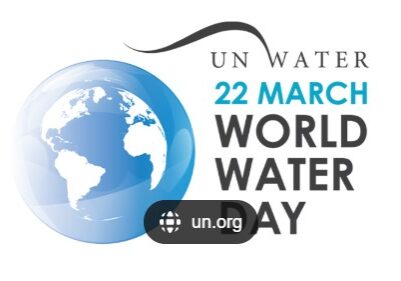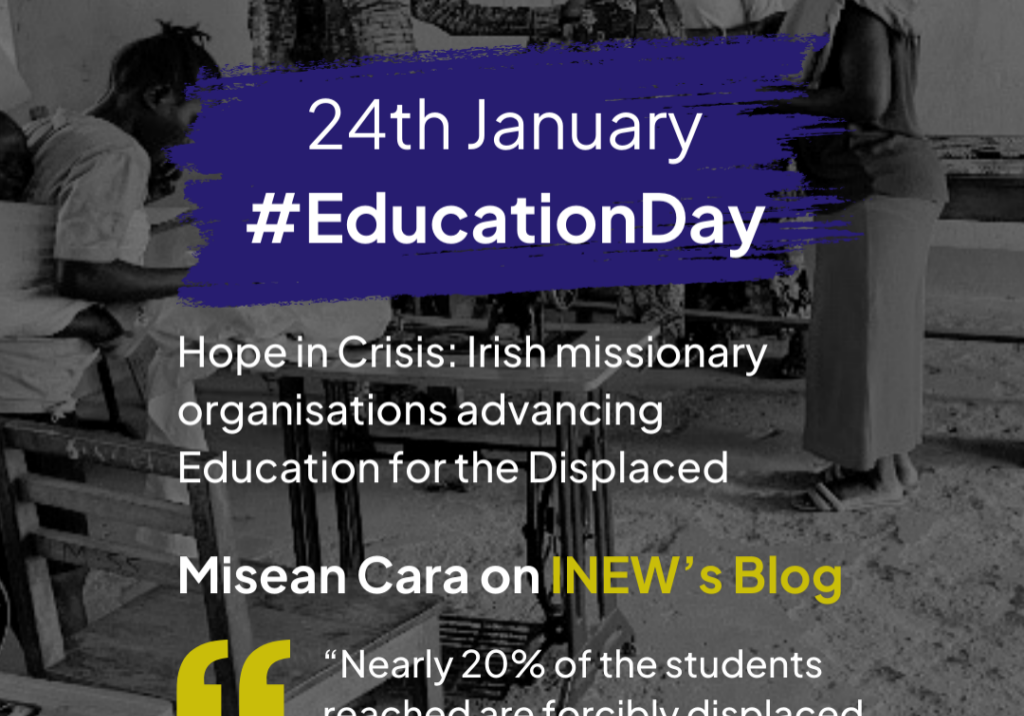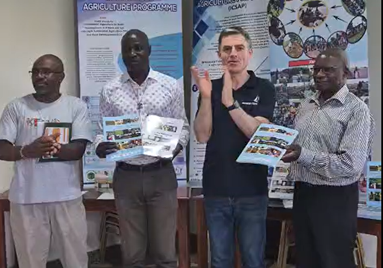By Jenny Ackermann – Misean Cara Monitoring & Results Measurement Officer
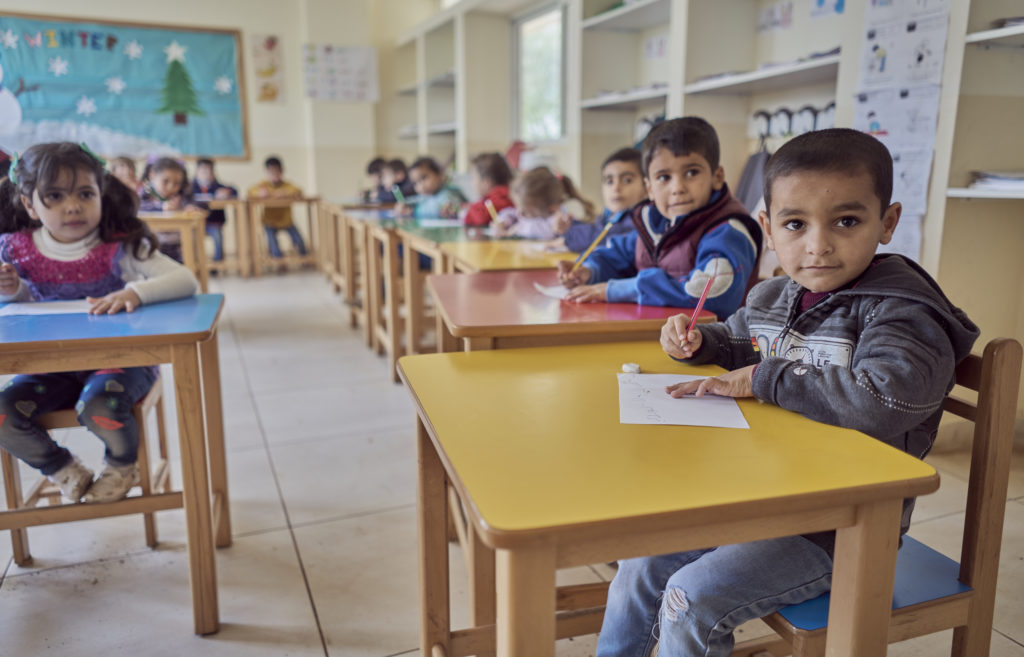
Photo: Marco Amato
For Global Language Advocacy Day (22nd February), Misean Cara Monitoring & Results Measurement Officer, Jenny Ackermann, shares insights into the role that upholding and protecting freedom of language plays in human rights, especially for speakers of indigenous and non-dominant languages. Her blog highlights the projects of Misean Cara members involved in linguistic justice around the world. Jenny is a qualified translator with a MA in Conference Interpreting from Leipzig University and speaks, reads and writes in five languages.
On Global Language Advocacy Day, I would like to share my reflections on language rights, and why they matter.
People who do not speak the dominant language of the country or region they live in, are often at risk of losing access to vital information and full participation in society. They find themselves being pushed to the margins and excluded from basic services such as education or health care, simply because they do not speak the language of the majority.
During the onset of the COVID-19 pandemic, when information was still scarce and often only available in majority languages, Misean Cara members placed great emphasis on providing accurate information in local and minority languages to ensure equal access to life-saving information on how to protect against the virus and stop its spread. In the first months of the pandemic, they reached almost 750,000 people directly and another 5.4m people indirectly through TV and radio outreach in over 40 languages.
Access to reliable information can save lives, if it is provided in a language that people speak and understand. However, studies have also shown the detrimental effects on entire communities when people give up their native language to the benefit of the majority language. In Paraguay, the indigenous Ava Guaraní have long been denied the right to receive education in their own language. Trying to fit into a Spanish-speaking system, and denied the connection with their own roots and culture that is inherit in speaking one’s native tongue, the Ava Guaraní have experienced profound effects on their cultural identity, mental health and self-esteem. By educating people in their own language, we respect their human and cultural rights, and strengthen their identities as individuals and as a collective, to stand up for the rights of their entire community.
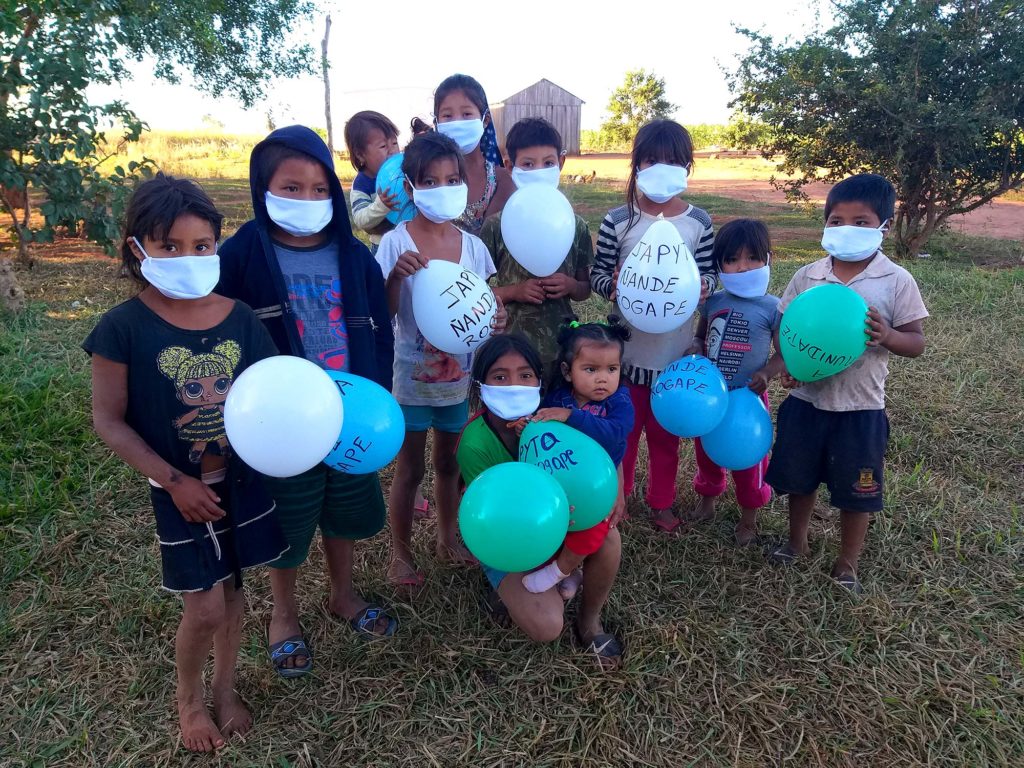
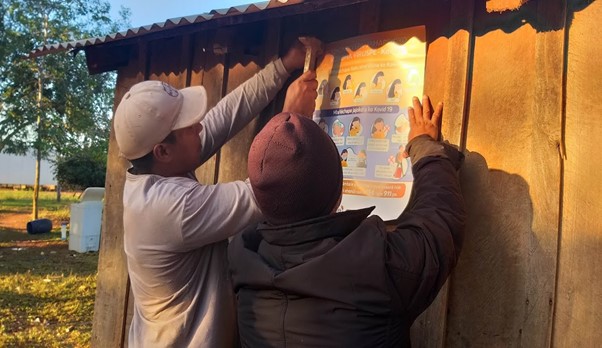
Photos: Pastoral Indígena Espírutu Santo, Paraguay – Servants of the Holy Spirit, Paraguay
As of January 2023, schools in Ireland had welcomed almost 14,000 Ukrainian refugees, and the Irish government has made crucial information available in Ukrainian and Russian to support the integration of arriving families. In other countries however, refugees, migrants and internally displaced people receive less support, often which scarcely goes beyond satisfying the most basic human needs of shelter, food and clothing. Where possible, Misean Cara members bridge this gap, providing holistic support in people’s own languages. In Lebanon, the Marist Brothers and De La Salle Brothers provide language classes to Syrian and Iraqi refugee children to help them qualify to attend Lebanese schools, and offer psych-osocial support for Syrian, Iraqi and Lebanese families. On the Thai/Burma border, the Marist Fathers run the Burmese Migrant Secondary Education Programme, which includes language development in Burmese, Thai and English as well as computer skills and health education to provide a pathway into professional training opportunities for young migrants.
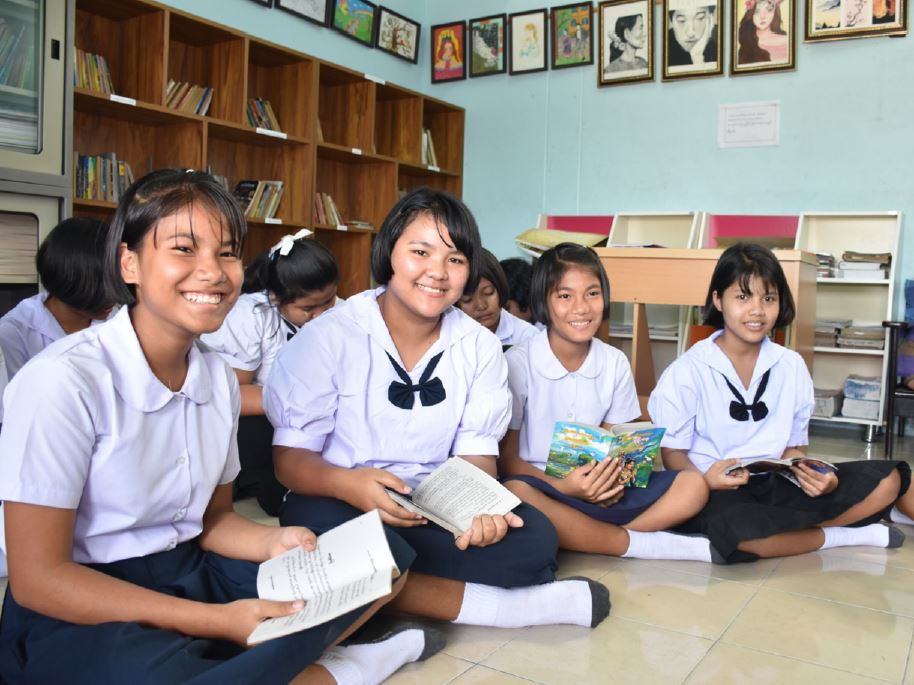
If you, like me, are a member of a majority language community, I invite you take a moment today to reflect on the privilege that comes with speaking a language so widely understood, and to use this privilege to advocate for those who do not have the same language rights that we do.
For more information on Global Language Advocacy Day 2023, from the Global Coalition on Language Rights (GCLR) please click here: Global Language Advocacy Day 2023 | GCLR (coalitionforlanguagerights.org)
For additional reading on Language Rights and Linguistic Justice click here : Global Language Advocacy Day 2023 (GLAD23)—Language Rights Save Lives (coalitionforlanguagerights.org)
